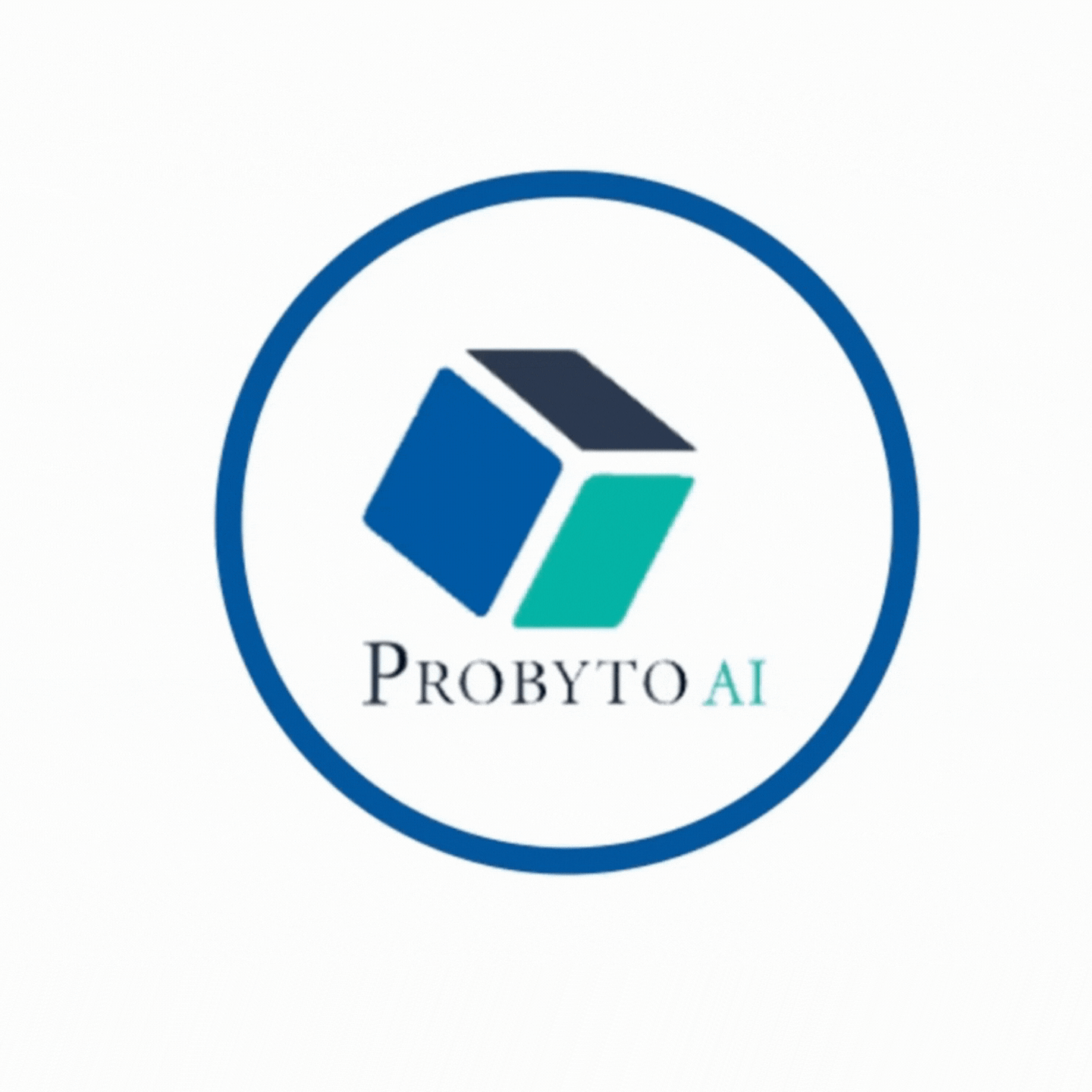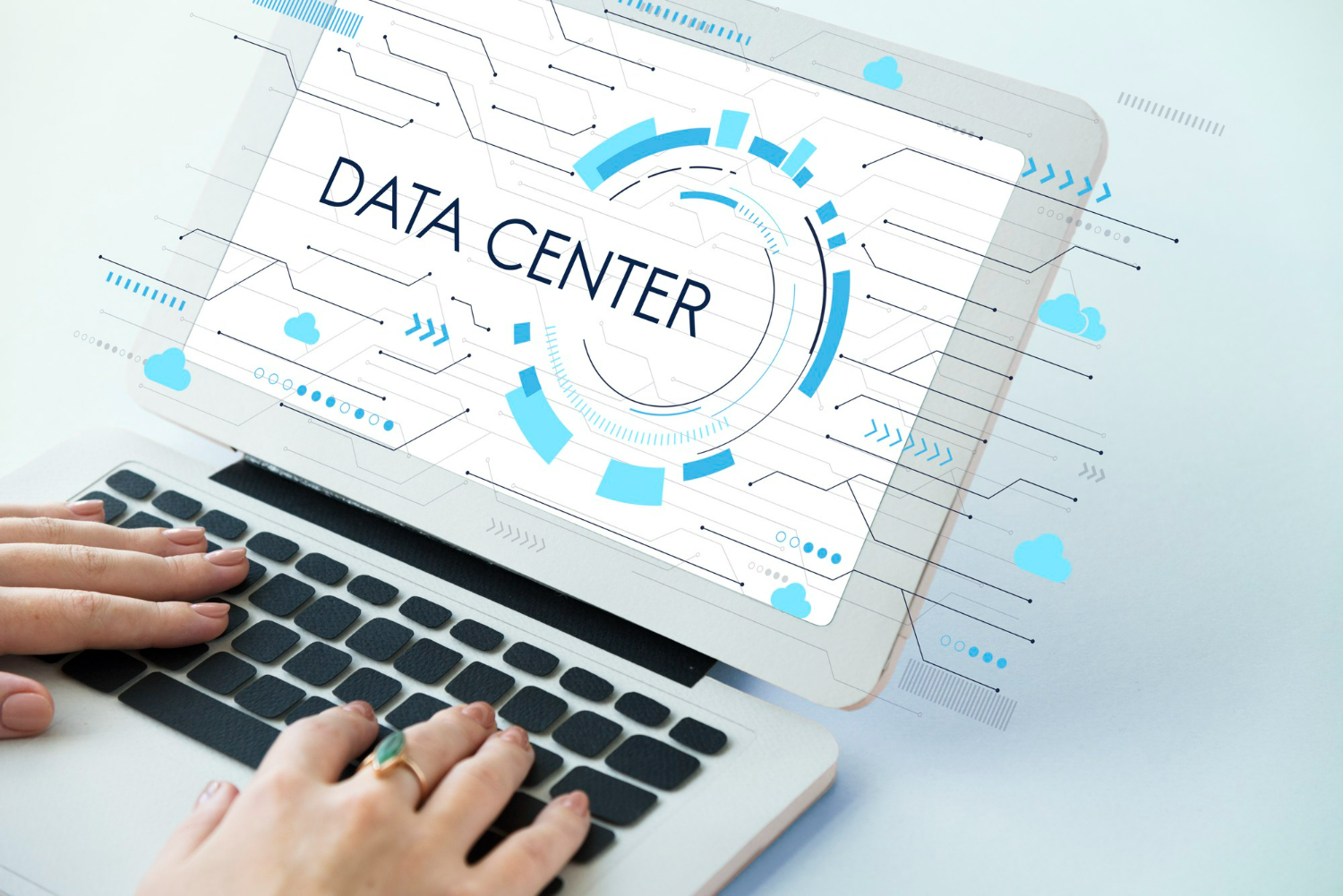Every day, businesses generate large amounts of data from multiple sources in the digital world. Data collected by companies can be in a variety of formats, including customer records, sales reports, financial information, and even social media activity. When the data is scattered across multiple systems and platforms, managing it can be a challenge. Data consolidation software can help in this situation.
With data consolidation software, businesses can bring all their data into one unified system, making it easier to access, manage, and analyze. What is the purpose of data consolidation software for businesses? Here you will find everything you need to know…
1. Management of data in a centralized manner
One of the most important benefits of data consolidation software is the centralization of data. Businesses store data in a variety of places, including cloud storage, spreadsheets, databases, and even physical documents. Data that is spread across different platforms can be difficult to find and use when needed.
All of this information is brought together by data consolidation software, creating a single source of truth for your business. Your team can access the same data with this centralized system, eliminating inconsistencies and errors. Collaboration and decision-making across departments are improved as a result.
2. Improved Data Accuracy and Consistency
When data is scattered across different systems, it’s easy for errors to occur. For example, if a customer’s information is stored in multiple places, one system might have an outdated address while another has the correct one. This can lead to inaccurate reporting and poor customer experiences.
Data consolidation software ensures that your data is consistent and accurate by combining it into a single system. By eliminating duplicates and correcting inconsistencies, you can trust that the data you’re using is reliable. This is especially important when making business-critical decisions based on data insights.
3. Time-Saving Automation
Manually collecting, merging, and cleaning data can be time-consuming and labor-intensive. Employees often spend hours trying to gather information from various sources, which could be better spent on more valuable tasks. Data consolidation software automates these processes, saving time and reducing the risk of human error.
With automated data consolidation, your business can efficiently handle large volumes of data in real time, ensuring that the information is always up to date. This means less time spent on administrative tasks and more time focused on driving growth and improving business operations.
4. Enhanced Data Security
Data security is a top priority for businesses, especially when dealing with sensitive information such as customer records, financial details, and intellectual property. When data is spread across multiple platforms, it becomes harder to protect and monitor. This can make your business vulnerable to security breaches and data leaks.
Data consolidation software helps strengthen your data security by centralizing your information in one secure system. With enhanced encryption, access controls, and monitoring, you can ensure that only authorized personnel have access to critical data. Additionally, by consolidating your data, you reduce the number of systems and points of entry, minimizing the risk of cyberattacks.
5. Better Decision-Making with Data Analytics
For any business, making informed decisions is crucial to success. Data consolidation software enables businesses to access all their data in one place, which makes it easier to analyze and draw insights. Instead of wasting time gathering data from different systems, decision-makers can use real-time, consolidated data to identify trends, monitor performance, and make strategic decisions.
Having a unified data system also makes it easier to use data analytics tools. You can apply advanced analytics to your consolidated data to gain deeper insights into customer behavior, market trends, and business operations. This allows your company to stay competitive, make proactive decisions, and adjust strategies based on solid data.
6. Improved Compliance and Reporting
Businesses must comply with various regulations, such as GDPR, HIPAA, or financial reporting standards. Keeping track of compliance requirements can be challenging when your data is stored in different locations. For example, generating a comprehensive compliance report might require pulling information from several different systems, which can be time-consuming and prone to errors.
Data consolidation software helps ensure that your business meets its compliance requirements by centralizing all your data in one location. This makes it easier to generate accurate reports and ensure that your business is following the necessary regulations. Additionally, it can help businesses respond to audits and regulatory requests more efficiently, as all relevant information is easily accessible.
7. Cost Efficiency
Managing data across multiple systems can be expensive. Not only do businesses need to invest in various software and storage solutions, but they also need to hire staff to manage these systems. Data consolidation software offers a more cost-effective solution by reducing the need for multiple platforms and streamlining data management processes.
By consolidating your data into one system, your business can save on storage costs, reduce the need for additional IT staff, and minimize the time spent managing different systems. Over time, these cost savings can add up, improving your company’s overall bottom line.
8. Scalability for Business Growth
As businesses grow, so does the amount of data they generate. Manually managing and organizing large volumes of data can become increasingly difficult as your business expands. Data consolidation software is built to scale with your business, allowing you to handle increasing amounts of data efficiently.
With scalable data consolidation solutions, your business can easily add new data sources, integrate with additional platforms, and accommodate larger datasets without needing significant infrastructure changes. This ensures that your business can continue to grow without being limited by data management challenges.
9. Faster Access to Business Insights
In today’s fast-paced business environment, having quick access to data is essential for staying competitive. Data consolidation software enables businesses to access real-time information at the click of a button, allowing them to make faster decisions and adapt to changing market conditions.
With all your data in one place, you no longer need to wait for reports from different departments or sift through multiple systems to find the information you need. Instead, you can generate instant reports, track key performance indicators (KPIs), and identify areas for improvement with ease.
10. Increased Employee Productivity
When employees spend less time searching for and organizing data, they can focus on more valuable tasks. Data consolidation software improves employee productivity by providing quick and easy access to the information they need. Instead of switching between multiple systems and platforms, employees can access consolidated data from a single interface, allowing them to work more efficiently.
This leads to better productivity, higher employee satisfaction, and improved business outcomes. With the right data consolidation tools in place, your team can work smarter, not harder.
Conclusion
Data consolidation software is a powerful tool that can significantly improve how businesses manage, access, and use their data. From centralizing data management to improving decision-making and enhancing security, the benefits of data consolidation software are clear. Businesses that invest in data consolidation software will not only save time and money but also gain a competitive edge in today’s data-driven world.
By bringing all your data into one unified system, you can ensure that your business is making the most of its information and staying ahead of the competition. Whether your business is small or large, data consolidation software is a valuable investment that can drive growth, improve efficiency, and support long-term success.


